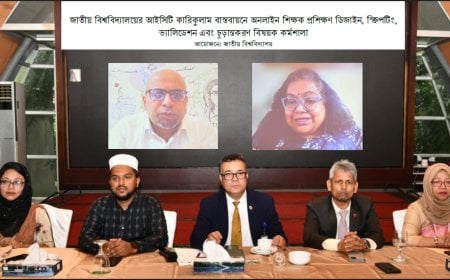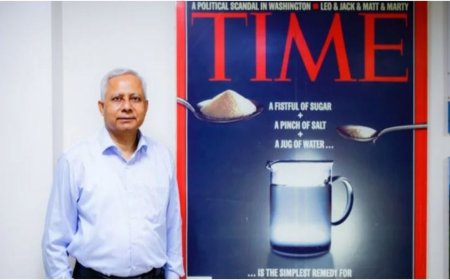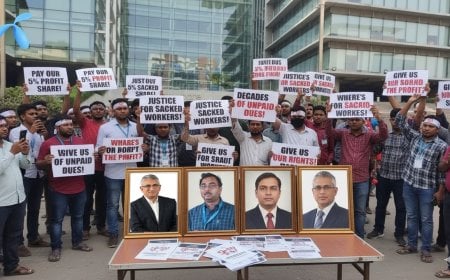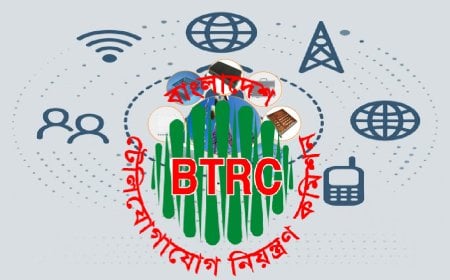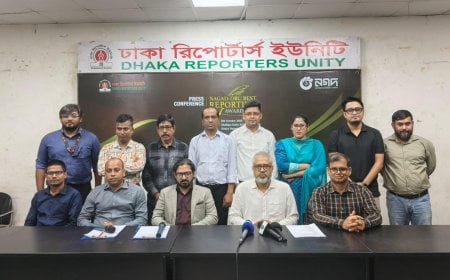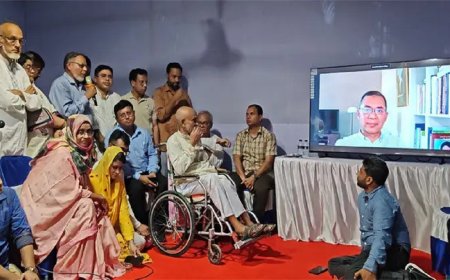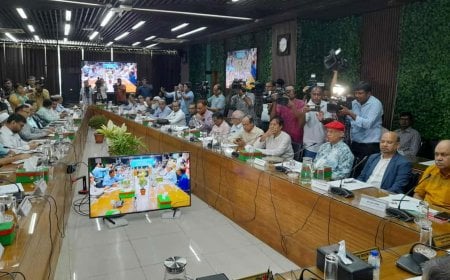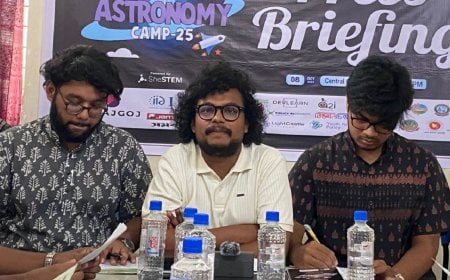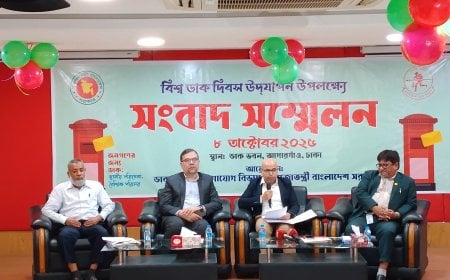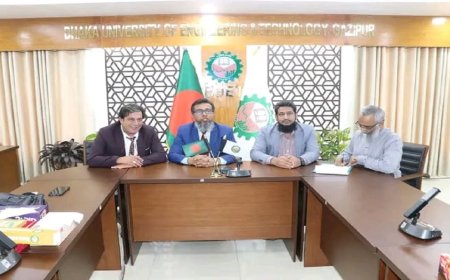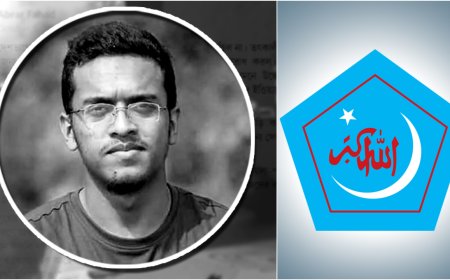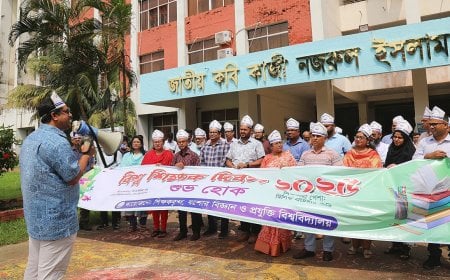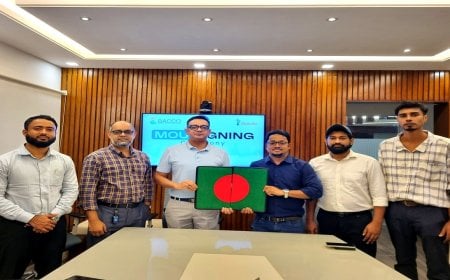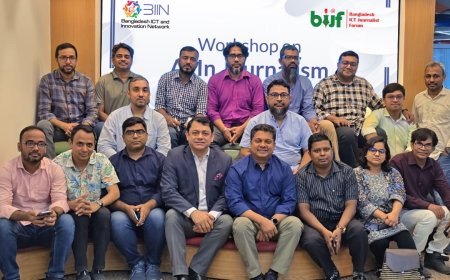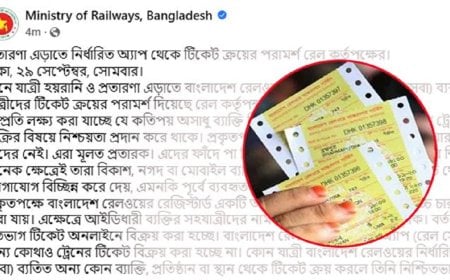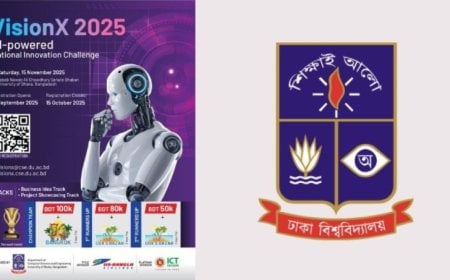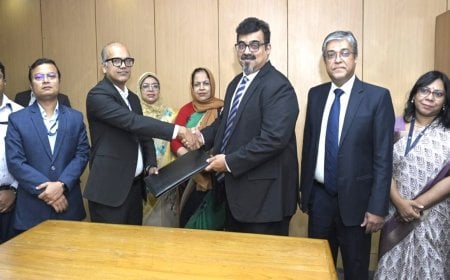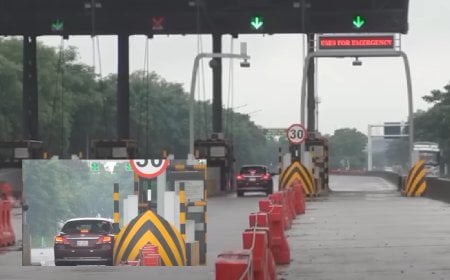Current trends in traditional journalism will change completely in future: Mustafa Jabbar
The Posts and Telecommunications Minister Mustafa Jabbar said that the current trend of traditional media will change completely in the future due to the continuation of digital transformation. With the advancement of digital technology, finding information from paper magazines will not prevail in the coming days. Already, the need for news updates every minute is becoming essential to the reader. Media which was once based on audio, print and TV is now expanding into internet based communication medium as well as social media. And this situation is a big challenge not only for the society and the state but also for the newspaper journalists.
The minister expressed his opinions while speaking as the chief guest at the commemoration meeting of Greater Mymensingh Journalists' Association-Dhaka at National Press Club in Dhaka on Monday.
Molla Jalal, president of Greater Mymensingh Journalist Association-Dhaka presided over the event. The State Minister for Culture KM Khalid, Cultural Secretary of Bangladesh Awami League Asim Kumar Ukil, MP, Vice-Chancellor of Bangladesh Agricultural University Professor Dr. Lutful Hasan, former Secretary Abdus Samad, journalist leader Manjurul Ahsan Bulbul, Quddus Afrad, journalist Faizus Salehin, Yusuf Sharif spoke poke as a special guests at the event. General Secretary of Greater Mymensingh Journalists Association-Dhaka Uday Hakim moderated the program.
The Posts and Telecommunications Minister pointed out that journalism has changed after independence and said that Bangabandhu respected journalists. He has played an incredible role in the development of journalism in the country. Although there were differences of opinions and paths among the post-independence journalists, everyone was uncompromising in the interests of journalism. Mr. Mustafa Jabbar, the former organizing secretary of Undivided Dhaka Journalists' Union, said, "When I started journalism after the liberation war after independence, the entry of young journalists without 5 years of journalism experience was prohibited in the National Press Club." We forced a change in that rule by creating a new constitution and became able to create addresses for young journalists' press clubs. He said that not only the soil of Greater Mymensingh is fertile; but also the contribution of the people of this soil to journalism, art and literature is very significant. I feel blessed as a person of greater Mymensingh to be able to contribute to this nation even after completing my college and university studies in the capital city.
The minister remembered the contributions of the late journalists Abul Kalam Shamsuddin, Abul Mansoor Ahmad, Mujibur Rahman Khan, Khondokar Abdul Hamid, Syed Nuruddin, Hasan Hafizur Rahman, Mir Nurul Islam, Ataus Samad, Rahat Khan, Asaf Uddaula, Bazlur Rahman, Fakir Ashraf, Rafiq Azad, Shafiul Haque and others. He urged the new generation of journalists to study their biographies and writings to develop their talents.
He called on the organizers to create a special publication featuring living journalists in the region as well as the late journalists.

State Minister for Culture KM Khalid said that the role of journalists from greater Mymensingh in the journalism arena of Bangladesh is unforgettable. Eminent journalists like Abul Mansoor Ahmad, Hasan Hafizur Rahman, Rahat Khan, Rafiq Azad were born in this region. Referring to his closeness and good relationship with the journalists, he said that the current era is the era of publicity and propaganda. And in this case, journalists play a key role. The state minister expressed hope that the journalists will publish the news of the country's art, literature and culture with importance in addition to the mainstream news.
KM Khalid said, traditional Mymensingh district was established on May 1, 1787. The city of Mymensingh was founded in 1811 and the land for the city was given by Raghunandan Acharya, the zamindar of my constituency, Muktagachha. Moreover, the zamindars of Muktagacha patronized almost all the educational institutions of Mymensingh city, including Ananda Mohan College. Considering that since the prehistoric times, Muktagachha has a close and inseparable relationship with Mymensingh.
Asim Kumar Ukil, highlighted his journalistic life experience in Daily Banglar Bani newspaper and said, "I have learned a lot of journalism from Daily Banglar Bani."
Manjurul Ahsan Bulbul said, journalists have an opportunity to make an extraordinary contribution at the national level if they can build themselves on the principles of the late journalists.
While speaking as the President of the organization, Molla Jalal said that the memorable people of Greater Mymensingh played a leading role in the development and establishment of journalism in the entire Bengal of British India. He said, Greater Mymensingh is a fertile town of creativity in art, literature and journalism.
Later, the 236th anniversary of the establishment of Mymensingh district was celebrated by cutting a cake.


